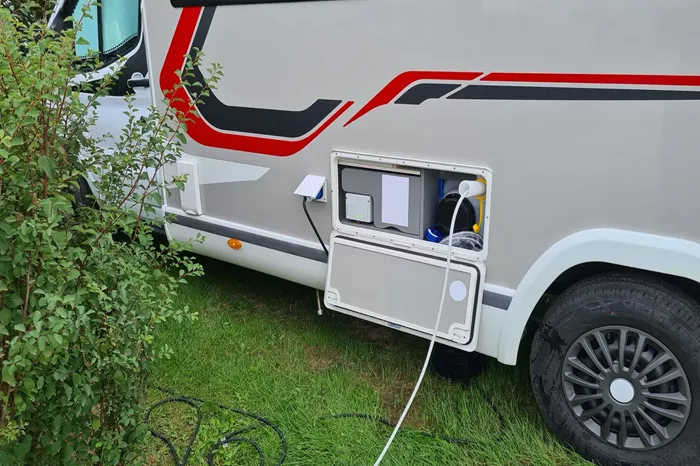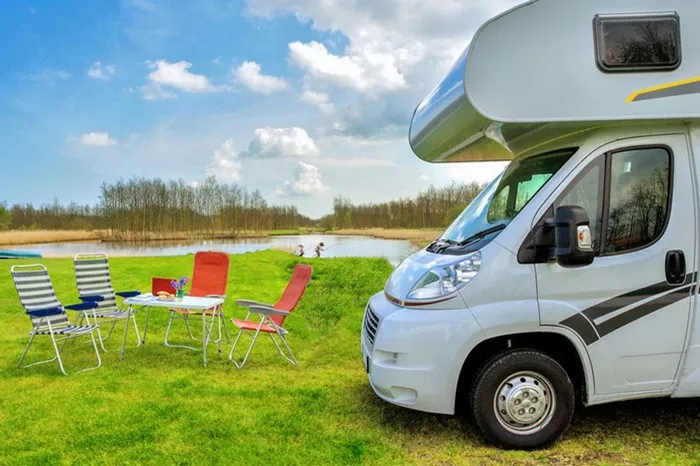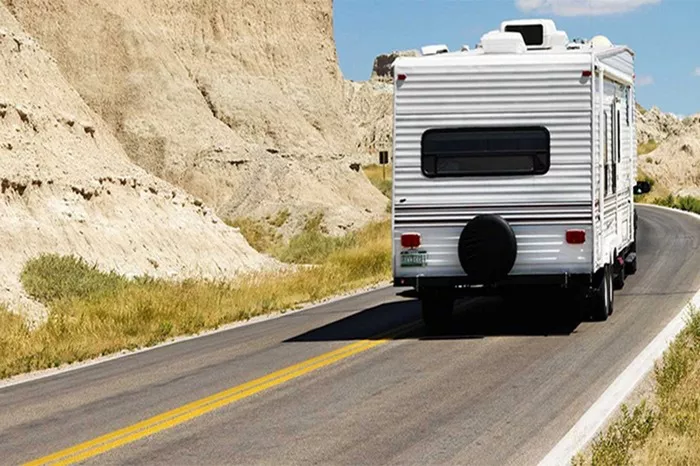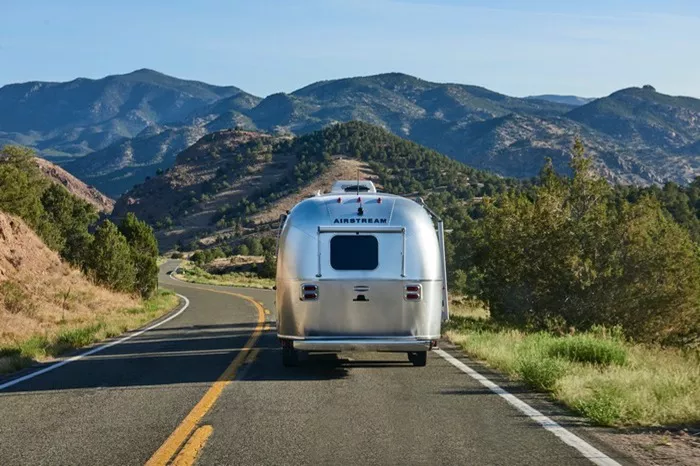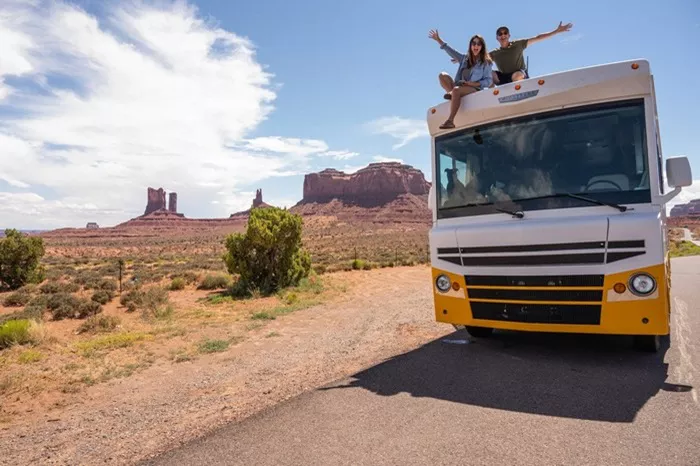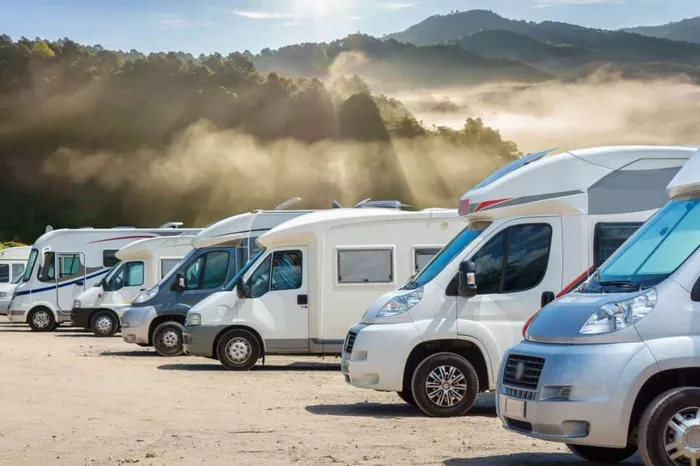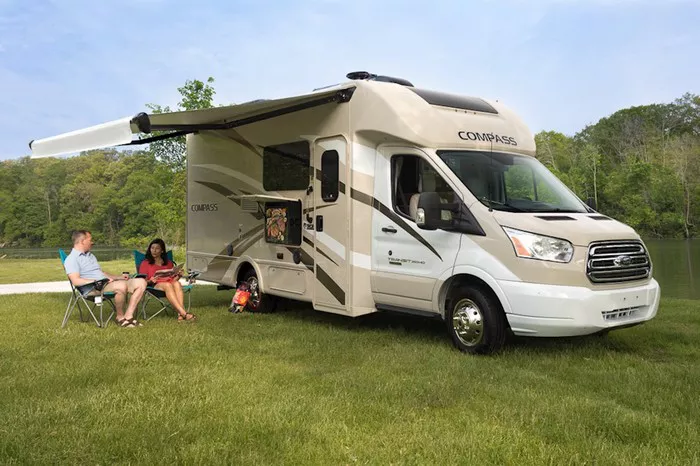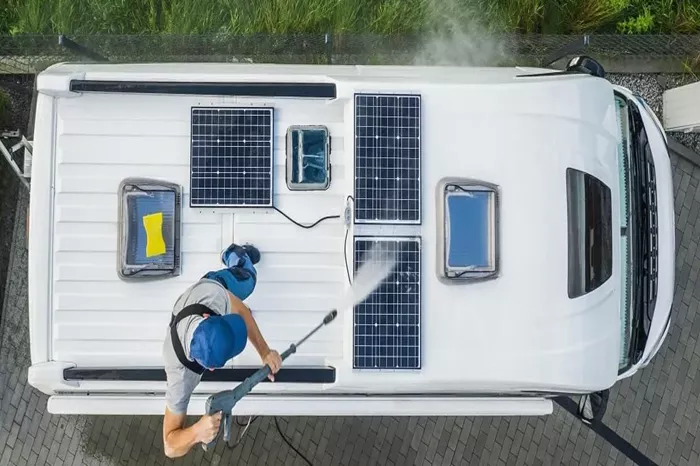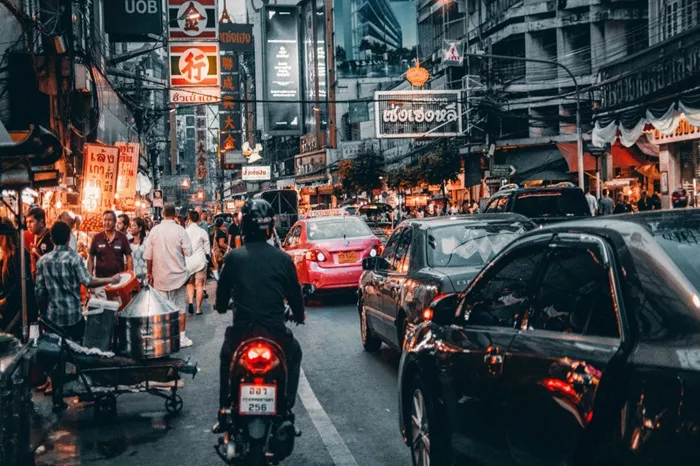As an RV owner, you may find yourself questioning the extent of your insurance coverage, especially regarding water damage. Water damage in recreational vehicles can stem from various sources, such as leaks, floods, or mishaps during travels. This article delves into the intricacies of RV insurance policies and whether they provide adequate coverage for water damage. By the end, you’ll have a clearer understanding of how to protect your investment and what steps to take in the event of water-related issues.
Types of RV Insurance
To comprehend whether RV insurance covers water damage, it’s essential first to understand the types of coverage available.
Liability Coverage
Liability coverage protects you from financial loss if you are held responsible for causing injury or damage to others. This type of coverage does not typically cover damage to your own RV, including water damage.
Collision Coverage
Collision coverage helps pay for repairs to your RV if it is damaged in a collision, regardless of who is at fault. However, it generally does not cover water damage unless it is a direct result of a collision.
Comprehensive Coverage
Comprehensive coverage is crucial for protecting your RV against non-collision-related incidents. This includes damage from natural disasters, vandalism, and theft. Importantly, this type of coverage often extends to certain types of water damage.
Sources of Water Damage
To understand what is covered, we must first identify the common sources of water damage in RVs.
Roof Leaks
A prevalent source of water damage is leaks in the roof, which can occur due to wear and tear, poor maintenance, or severe weather conditions.
Flooding
Flooding can cause extensive damage to an RV, particularly if it is parked in a flood-prone area.
Plumbing Issues
Internal plumbing problems, such as burst pipes or faulty water heaters, can lead to significant water damage within the RV.
Windows and Doors
Improper seals around windows and doors can allow water to enter, leading to mold and structural damage.
What Does RV Insurance Typically Cover?
Most RV insurance policies have specific exclusions and inclusions regarding water damage. Here’s what you can typically expect.
Comprehensive Coverage for Water Damage
Comprehensive coverage may cover water damage resulting from natural disasters, such as floods, hail, or wind. However, policies may vary significantly in terms of the scope of coverage and exclusions.
Gradual Damage Exclusion
Insurance policies often exclude coverage for gradual damage, which includes leaks that occur over time. If a roof leak goes unnoticed for months, the resulting damage may not be covered.
Maintenance and Neglect
Insurance will not cover water damage resulting from a lack of proper maintenance. For instance, failing to repair a known leak may lead to denial of a claim.
Steps to Take When Experiencing Water Damage
If you encounter water damage in your RV, here are the steps you should follow.
Document the Damage
Taking pictures and videos of the damage is crucial for filing an insurance claim. Documenting the source and extent of the damage will support your case.
Notify Your Insurance Provider
Contact your insurance company as soon as possible to report the damage. Be prepared to provide documentation and details of the incident.
File a Claim
Follow your insurance provider’s process for filing a claim. Ensure that you submit all required documentation promptly to expedite the review process.
Arrange for Repairs
Once your claim is submitted, you can begin arranging for repairs. Depending on the severity of the damage, you may need to seek professional help.
See Also: 6 Best Campervan Insurance of July 2024
Preventative Measures to Mitigate Water Damage
Preventing water damage is always more cost-effective than dealing with the aftermath. Here are several preventative measures you can take.
Regular Maintenance Checks
Perform regular inspections of your RV’s roof, windows, and plumbing systems. Catching issues early can save you from costly repairs later.
Invest in Quality Seals
Ensure that all seals around windows and doors are intact. Replace any worn or damaged seals promptly.
Use a Dehumidifier
If you store your RV for extended periods, consider using a dehumidifier to prevent moisture buildup, which can lead to mold and mildew.
Park Wisely
Avoid parking your RV in flood-prone areas or places where water may accumulate.
Understanding Your Policy
To effectively navigate the nuances of your RV insurance, understanding the terms and conditions of your policy is vital.
Read the Fine Print
Always read the fine print of your insurance policy. Look for specific clauses regarding water damage and ensure you understand what is covered.
Ask Questions
Don’t hesitate to ask your insurance agent about any terms or conditions you find confusing. Clarifying coverage details before you experience an incident can prevent unpleasant surprises.
Consider Upgrading Coverage
If you find that your current policy lacks adequate water damage protection, consider upgrading your coverage or shopping around for policies that better meet your needs.
Conclusion
In summary, while RV insurance can offer protection against certain types of water damage, it is crucial to understand the specifics of your policy. Regular maintenance and preventive measures can go a long way in mitigating the risk of water damage. Always be proactive in understanding your coverage and maintaining your RV to ensure a safe and enjoyable travel experience.
By knowing what your insurance covers and taking steps to prevent damage, you can protect your investment and enjoy your adventures with peace of mind.
FAQs
1. What Types of Water Damage Are Typically Covered by RV Insurance?
Comprehensive RV insurance generally covers water damage caused by sudden and unforeseen events. This can include incidents like natural disasters, such as floods, heavy rainstorms, or hail. Additionally, if your RV sustains water damage due to an accident that involves a collision, this may also be covered under collision coverage.
However, it’s important to note that not all types of water damage are covered. For example, gradual leaks or damage resulting from poor maintenance are often excluded. Therefore, it’s essential to regularly inspect and maintain your RV to prevent such issues. To ensure you understand the specifics of your policy, read through the terms and conditions carefully and consult with your insurance agent.
2. Will My RV Insurance Cover Mold and Mildew?
Mold and mildew can be a significant concern for RV owners, especially if there is water damage. Whether your insurance covers mold and mildew depends largely on the source of the water damage and your specific policy terms. If the mold and mildew result from a covered event, such as a sudden plumbing failure or storm damage, your policy may cover the remediation costs.
However, if the mold and mildew are due to ongoing moisture issues that have been neglected over time, such as persistent leaks that were not promptly repaired, it is unlikely that your insurance will cover the damages. Preventive measures, such as using dehumidifiers and maintaining proper ventilation, can help mitigate the risk of mold and mildew.
3. How Can I Ensure My RV is Protected Against Water Damage?
To protect your RV from water damage, regular maintenance and preventive measures are crucial. Here are some tips to help safeguard your RV:
Regular Inspections: Conduct routine checks of your RV’s roof, windows, doors, and plumbing systems. Look for any signs of wear, cracks, or leaks, and address them promptly.
Sealant Maintenance: Ensure that the seals around windows, doors, and roof vents are in good condition. Replace any deteriorated seals to prevent water intrusion.
Proper Storage: When storing your RV, choose a location that is not prone to flooding. If possible, store your RV under a cover or in a garage to protect it from the elements.
Dehumidifiers and Ventilation: Use dehumidifiers and ensure proper ventilation inside your RV to reduce humidity levels and prevent mold and mildew growth.
Monitor Weather Conditions: Stay informed about weather conditions, especially if you are traveling. Avoid driving or parking your RV in areas with severe weather warnings for heavy rain or flooding.

